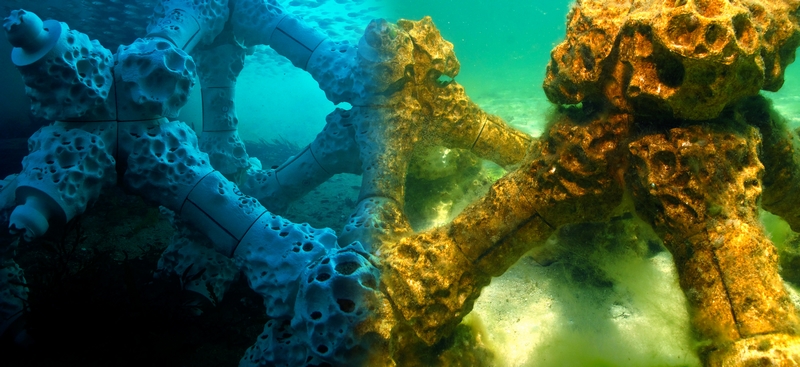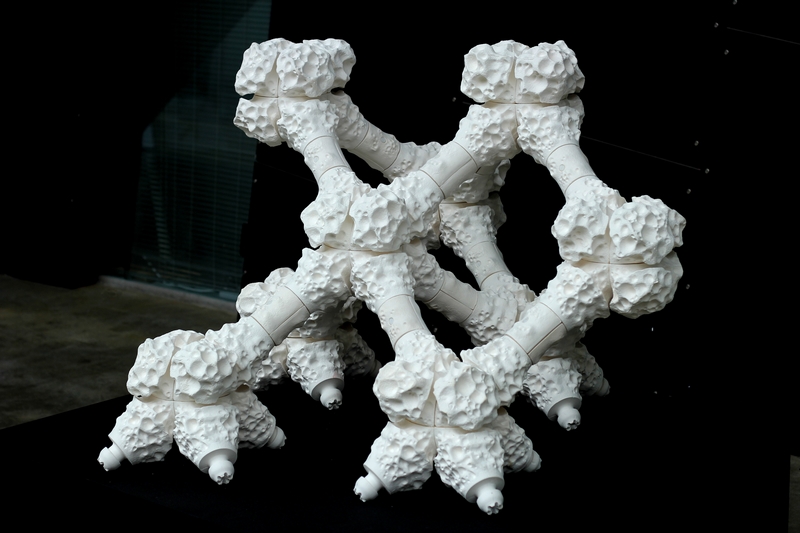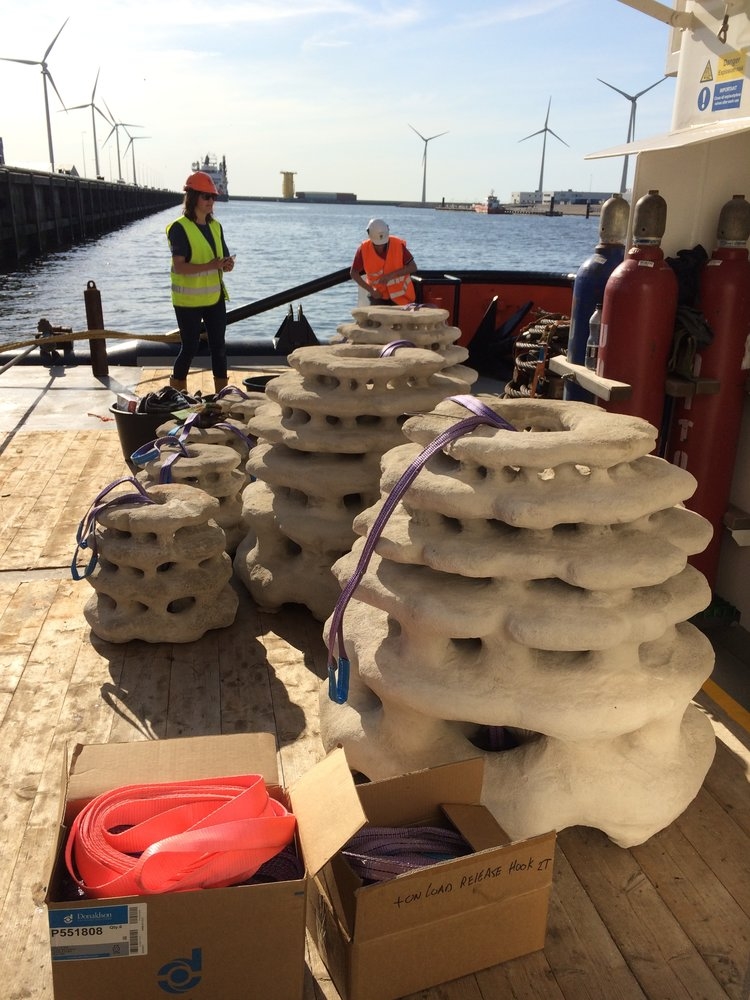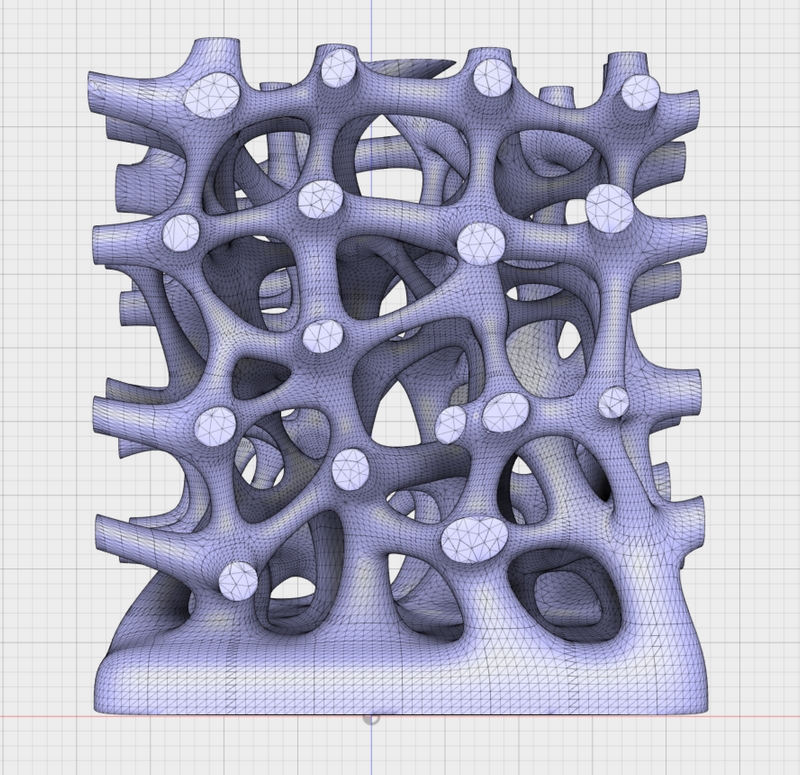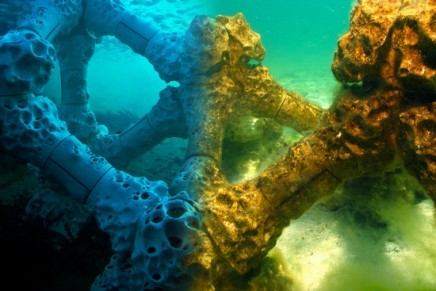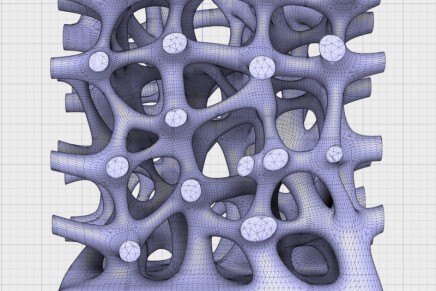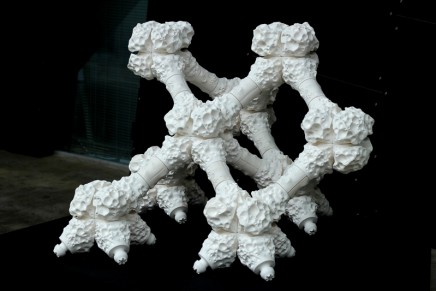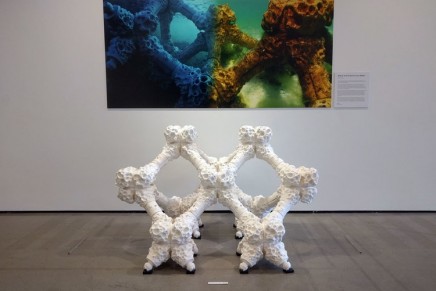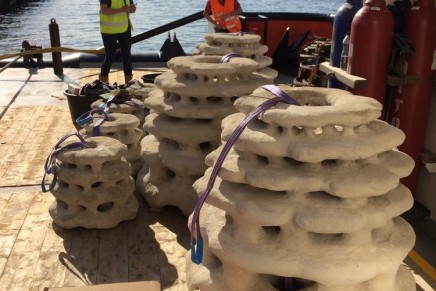3D printing technology will help scientific community to develop more innovative ways of protecting coral reefs.
Summer Island Maldives, a Maldivian “Barefoot” paradise and one of South Asia’s leading Beach Resorts, partnered with Reef Design Lab to design and build the 3-D modular reef. The scientists will study how corals colonise the new reef, and whether the technology can help coral reefs survive a warming climate. Placed 7 meters beneath the lagoon, the 3-D printing inspired by Lego pieces, is mimicking a reef’s natural contours. Fragments of live coral are transplanted onto the reef. A coral farming project has been running in the lagoon for the past 3 years.
MARS , modular artificial reef structure, is a multipurpose modular artificial reef habitat solution. MARS has been voted one of the top ten inventions of 2015 by Popular Science Magazine. The project is the winner of the Dyson Australia innovation award 2014 and the Hills Young Australian Design Award 2015.
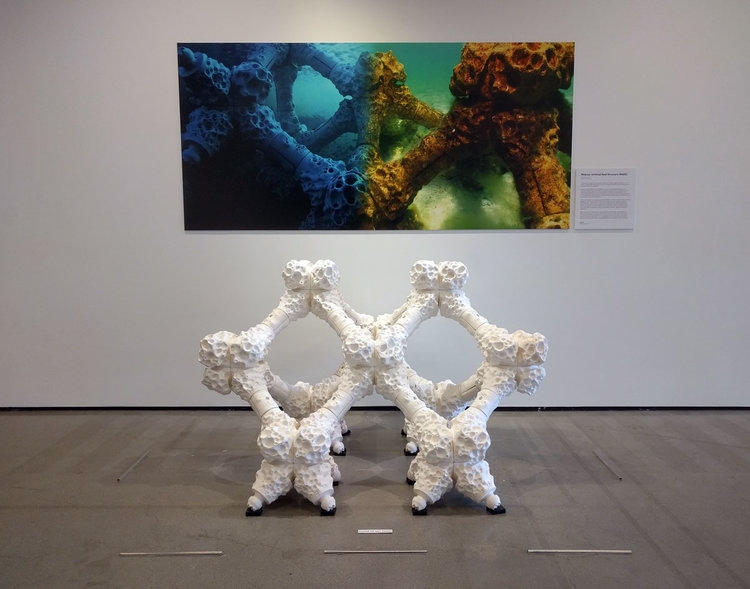
MARS designed by Alex Goad (2013) on display at the Boston Society of Architects ‘Nature Structure’ Exhibition 2018. Photo and exhibition curation by Scott Burnham.
Reef Design Lab’s Alex Goad spent two months redesigning the system specifically for the coral transplanting methods that are being used. Arjan Sierink from DIVERLAND INTERNATIONAL created the coral farm/nursery in his spare time using a variety of methods from around the world such as those developed in Okinawa Japan.
Reef Design Lab will be transplanting a range of coral frag species onto the ceramic surface of MARS to test how effective the material is for transplanting. This will be compared to traditional transplanting materials such as concrete, steel, coral ruble etc.
“While 3D printing offers some fascinating opportunities for underwater construction and research it is certainly not a magical cure for coral reefs,” says Reef Design Lab. Corals are extremely vulnerable to sea temperature rise causing mass bleaching events that have been seen worldwide. Other pressures such as overfishing, agricultural runoff, invasive species and disease are also putting increasing pressure on coral reef ecosystems.
Coral farms/nurseries/gardening projects are beginning to grow in popularity as a way to help restore areas of coral that have been
Summer Island Maldives is a Maldivian owned business who have taken a particular interest in coral restoration. It is hoped that projects such as this can help to further the knowledge and excitement around coral farming.
“Our extensive knowledge of how 3D printing can be used to minimise cost while increasing geometric complexity makes us especially unique,” says reef design lab.
“Our main goal has always been to support marine research. We have been developing partnerships with researchers, research institutions and communities around the world to answer questions about man made marine habitat and how we can build to benefit the marine environment in the future.
The areas we are focusing on at the moment are eco-engineering of seawalls, wave break structures for mangroves/erosion control and modular structures for coral farming/restoration,” added reef design lab.
Large Scale 3D Printed Reefs for the North Sea
Reed Design Lab also worked with the WWF Netherlands to design a range of reef units that were placed on the seabed of the North Sea as part of their larger oyster reef restoration project. The units were 3D printed in Rotterdam using D-Shape technology. 50 units were manufactured in sizes ranging from 50cm high to 120cm high and will be monitored over the coming years. This will be one of the largest research based projects assessing the effectiveness of the material and technology.

